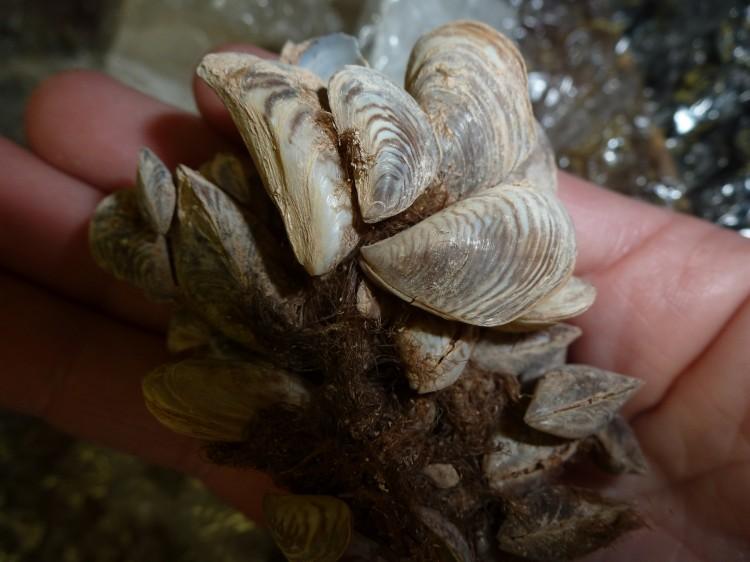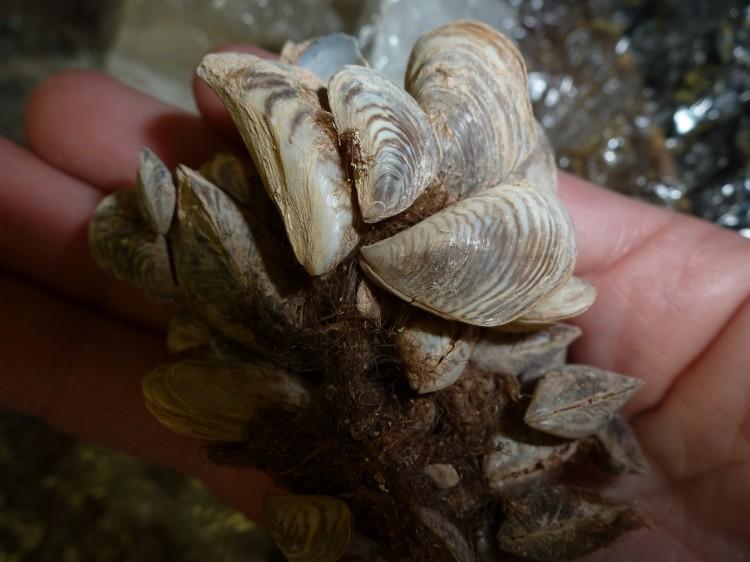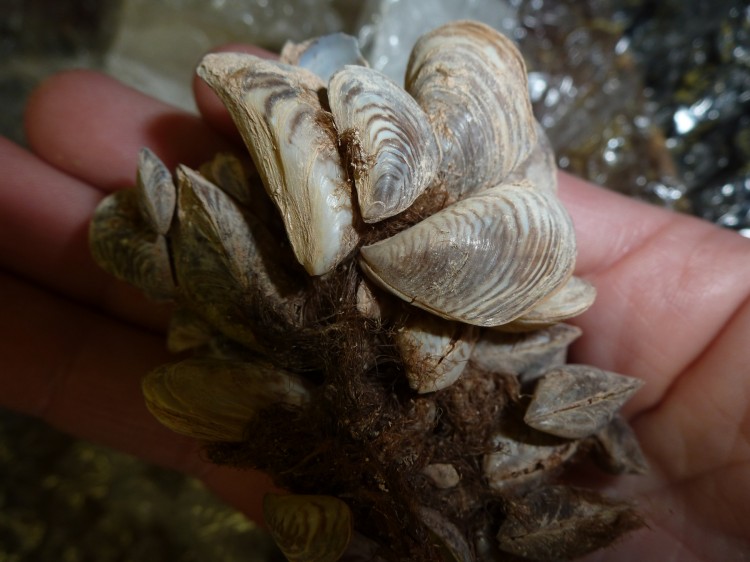Boaters in British Columbia are being urged to properly clean their boats in an effort to prevent two highly invasive mussel species known to wreak havoc on ecosystems from taking hold in the province’s lakes.
Zebra and Quagga mussels are no bigger than a thumbnail, but their alarming rate of reproduction—up to one million eggs per female per year—can lead to widespread destruction.
The two species are already established in eastern Canada and the Great Lakes, and the South Okanagan Invasive Plant Society wants boaters to take precautions to stop them from spreading to B.C. and other parts of Canada.






